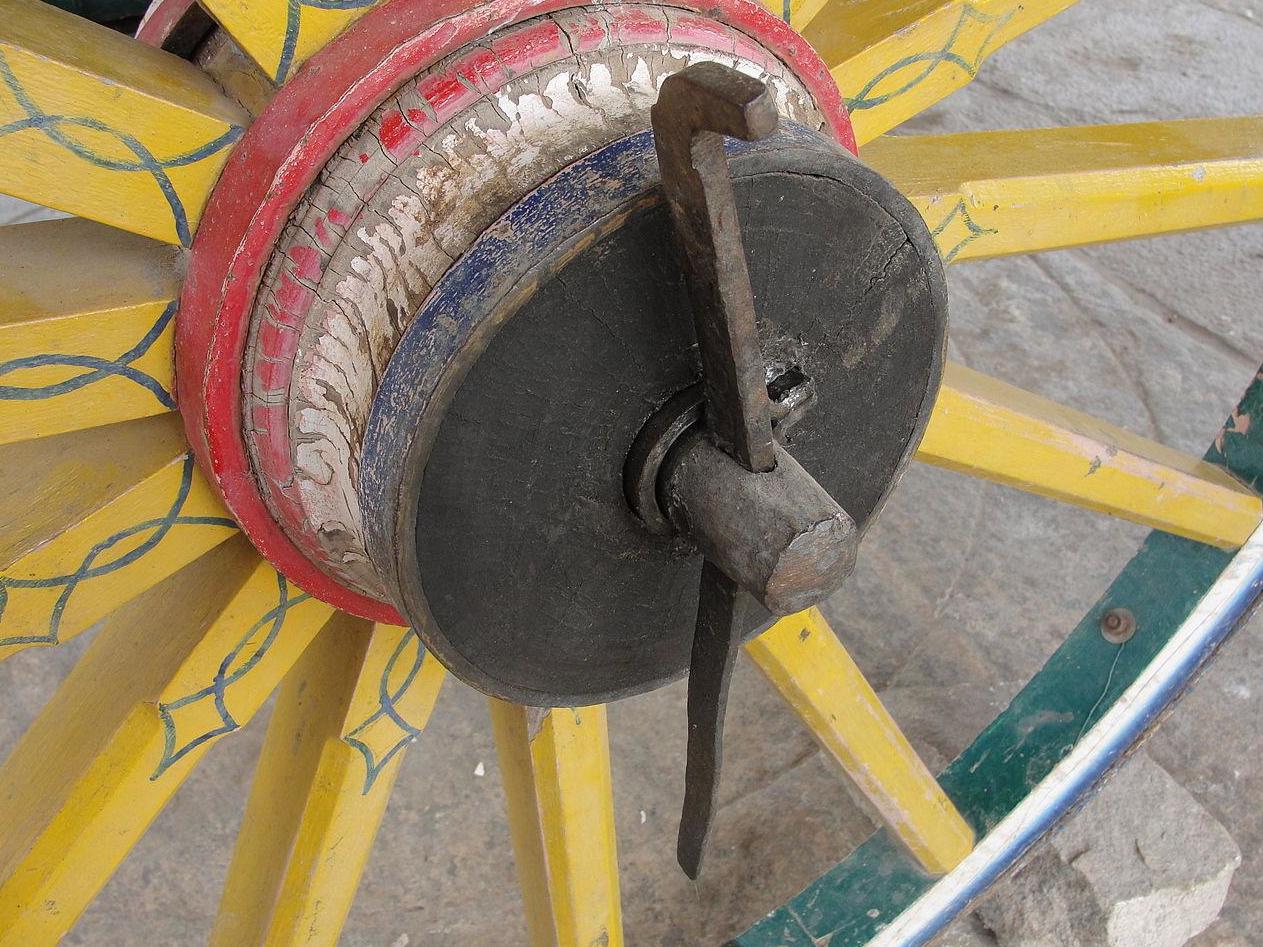Mea Culpa: a linchpin to hold it all together
Questions of style and usage in last week’s Independent


We described the North Atlantic Treaty Organisation, Nato, as “one of the lynchpins of the liberal international rule-based order” in a comment article last week. It doesn’t matter, but it is interesting that the spelling used to be linchpin. It is a good example of how an obsolete metaphor shifts its spelling to align with a more familiar word.
A linchpin is the pin that holds a wheel on the axle of a cart. If it falls out, the wheel can work itself off the axle. Most people are not familiar with the technology of horse-drawn carts, and are therefore only dimly aware that a linchpin means a part that holds something together.
“Lynch”, on the other hand, is a word that is still used non-metaphorically. It is spelt with a “y” because it is probably derived from the surname of a notorious lyncher in 18th-century America. Hence the increasingly common spelling, lynchpin, recorded by the Oxford dictionary as an alternative.
Just to prove spelling conventions are arbitrary, if we go further back it turns out that linchpin is a tautologous construction, from Old English lynis, meaning pin. So it means “pin pin”. And was originally spelt with a “y”.
Demoted general: A restaurant review last week began thus: “The general consensus has always been that the better the view, the worse the food in a restaurant.” Thanks to Mick O’Hare for pointing out that the only difference between a “general consensus” and a “consensus” is three unnecessary syllables.
Often have you heard that told: Mr O’Hare also points out that in “Pictures of the Day” in the Daily Edition this week, we had a headline, “All that glitters.” It is a phrase his grandma often used, but the best known form is from Shakespeare’s Merchant of Venice: “All that glisters is not gold.”
They are different forms of the same word: glitter is from Old Norse, while glister is like Middle German or Dutch. Around Shakespeare’s time the Viking form gained the upper hand, but it would still be classier to use the obsolete form.
No interest: I have trained myself not to care, but some of our readers still object if we use “disinterested” to mean “bored”. Henry Peacock writes to say we used the word three times in a most enjoyable article about what a silly name Avanti is for a train company.
“All too often, the train has slowed, literally in the middle of nowhere, with only hedgerows and disinterested cows for company,” the article said. Later, it referred to a woman behind the counter who had served the author on his previous trip: “She was disinterested then, and I suspect will be disinterested again.”
Some people hold that “disinterested” should be reserved for the special meaning of “impartial”, as in “not having an interest”, and that what should be used here is “uninterested”. It shouldn’t matter, but as long as there are a significant number of readers who think this distinction important, it is in our interest to observe it.
Join our commenting forum
Join thought-provoking conversations, follow other Independent readers and see their replies
Comments